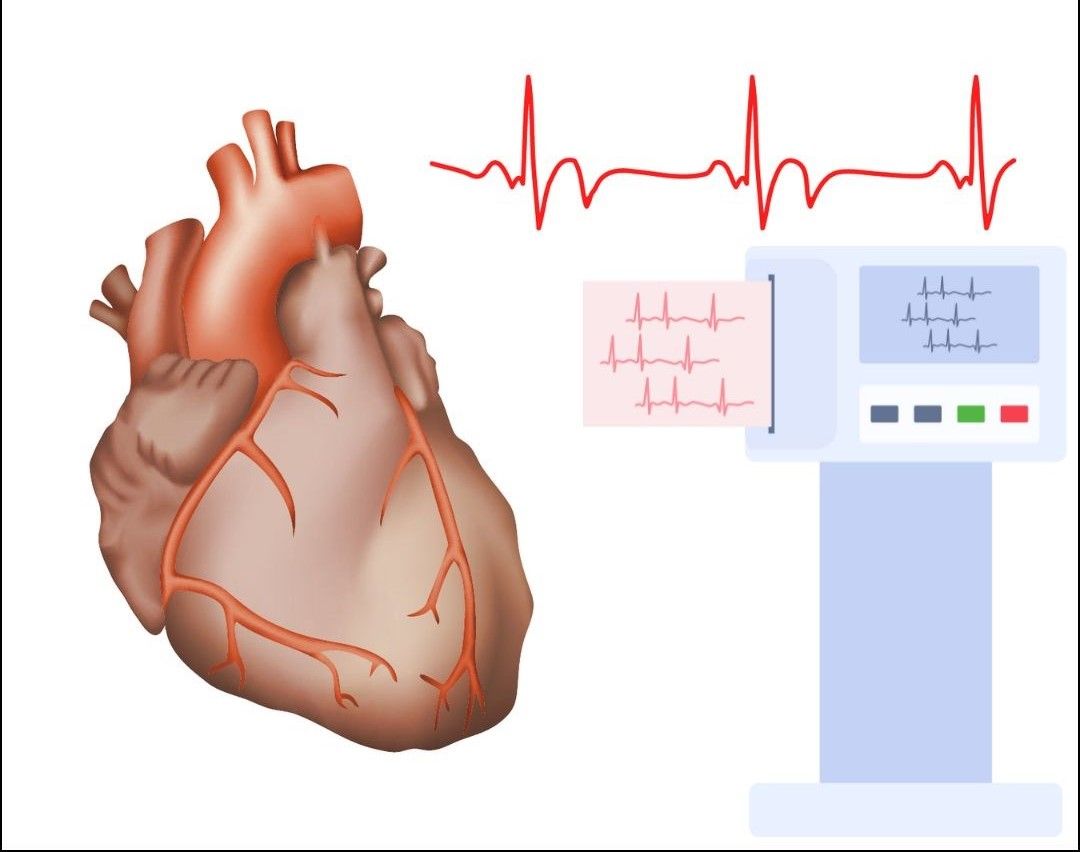What Causes It?
Aging - The natural aging process can cause wear and tear on your heart and its electrical system.
Heart tissue damage - Often from heart disease or heart attack, which can disrupt electrical pathways.
Congenital heart defects - Some people are born with heart abnormalities that affect heart rate.
Inflammation - Conditions like myocarditis (heart muscle inflammation) or infections affecting the heart.
Medications - Beta-blockers, calcium channel blockers, antiarrhythmics, and some other drugs can slow heart rate.
Chemical imbalances - Low thyroid hormone (hypothyroidism) or electrolyte imbalances in your blood.
Sleep apnea - Breathing disruptions during sleep can trigger bradycardia.
Sick sinus syndrome - A dysfunction of the heart's natural pacemaker (sinus node).
Heart block - Disruption in the electrical pathway between the atria and ventricles.
Signs & Symptoms
Fatigue or weakness - Due to reduced oxygen delivery to tissues.
Dizziness or lightheadedness - Caused by reduced blood flow to the brain.
Fainting (syncope) - From insufficient blood flow to the brain.
Shortness of breath - Especially during physical activity.
Chest pain or discomfort - When the heart doesn't receive enough oxygen.
Confusion or difficulty concentrating - Due to reduced oxygen to the brain.
Reduced exercise capacity - Becoming easily exhausted during physical activity.
Palpitations - Awareness of heart skipping beats or beating irregularly.
